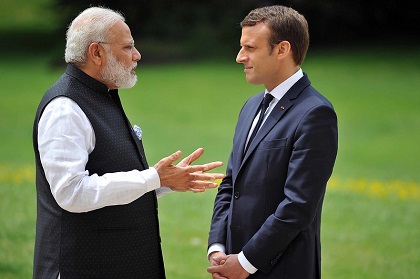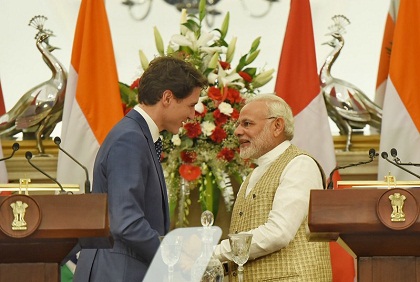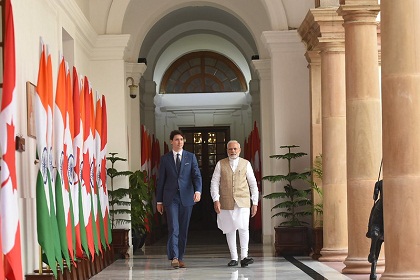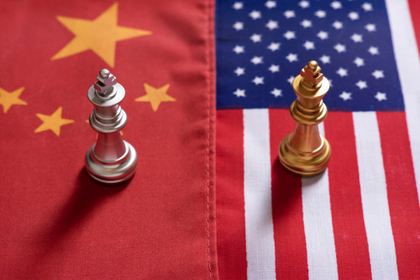Building an India-owned merchant fleet
India needs its own merchant fleet to run parallel with its increasingly strong navy. The geopolitical and geoeconomic compulsions have never been greater. India’s growing imports and exports of crude oil, LPG, and coal are all carried on foreign-owned shipping vessels, depriving the country of revenue and creating a geopolitical imbalance with an increasingly strong Indian navy that is set to play a significant role in the Indo-Pacific











